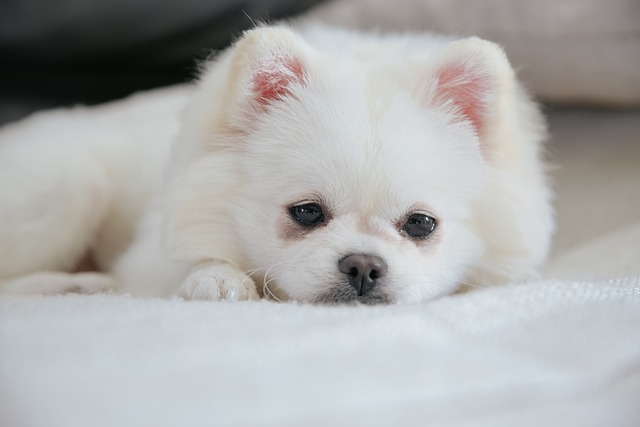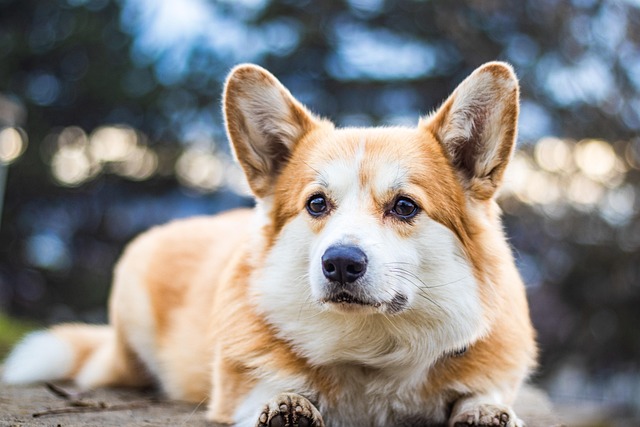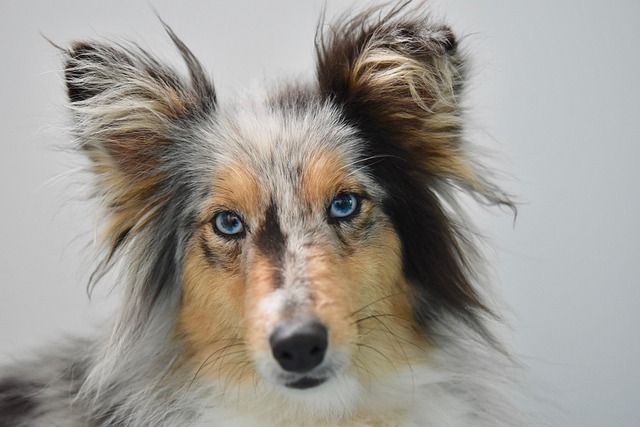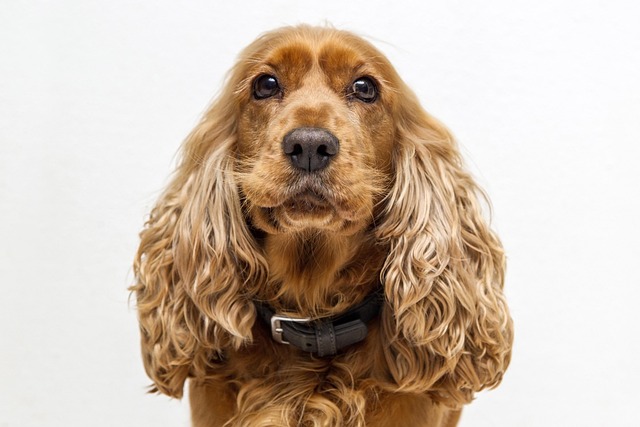Chihuahua lunging at visitors or growling over a toy can leave owners feeling frustrated and helpless. Beneath that feisty exterior lies a complex mix of instincts and emotions, but with patience and the right approach, you can transform that prickly behavior into positive interactions.
Chihuahuas' small stature often fuels a survival instinct known as "small dog syndrome." They may bark or snap to compensate for feeling vulnerable in a world of larger creatures. When a delivery person approaches the door or a larger dog strolls by on a walk, these pint-sized pups react defensively to protect themselves.
Positive reinforcement is the cornerstone of any successful training. Instead of scolding your Chihuahua for growling, catch them being calm. A gentle pat, a treat, or a cheerful "good dog" when they ignore distractions can work wonders. This method aligns with animal welfare guidelines that prioritize kind, force-free training techniques—essential for staying compliant with local pet care regulations.
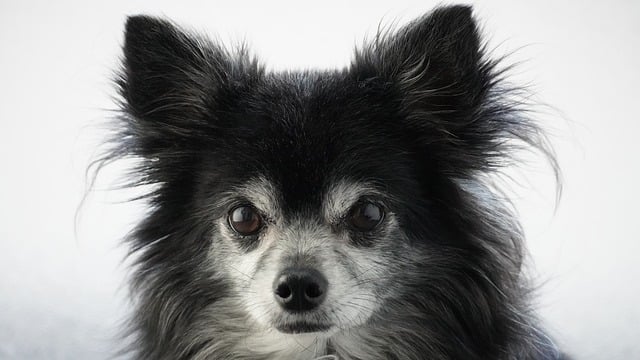 Socialization is key from an early age. Exposing your Chihuahua to different people, sounds, and environments helps build confidence. Take them on short, stress-free walks around the neighborhood, introduce them to friendly neighbors, and let them experience the sights and smells of a local park. But always respect your dog's comfort level; pushing too hard can backfire.
Socialization is key from an early age. Exposing your Chihuahua to different people, sounds, and environments helps build confidence. Take them on short, stress-free walks around the neighborhood, introduce them to friendly neighbors, and let them experience the sights and smells of a local park. But always respect your dog's comfort level; pushing too hard can backfire.
Consistency at home matters just as much. Establish clear boundaries without using harsh corrections. If your Chihuahua guards its food bowl, start by calmly placing your hand near it during mealtime, rewarding any relaxed behavior. Over time, they'll learn that sharing isn't a threat. Remember, sudden rule changes can confuse them and trigger more aggression.
Professional help shouldn't be a last resort. Many areas have certified dog trainers who specialize in small breeds. Their expertise can identify underlying issues like anxiety or fear, tailoring a training plan that meets your Chihuahua's needs. In some regions, attending group training classes also helps socialize your pet while ensuring your training methods comply with local animal behavior standards.
Understanding your Chihuahua's body language is half the battle. A tucked tail, flattened ears, or a tense posture signals distress. Learning to read these cues allows you to intervene before aggression escalates. Whether it's redirecting their attention with a favorite toy or simply removing them from a stressful situation, proactive handling goes a long way.
Training a Chihuahua out of aggression isn't about breaking their spirit—it's about nurturing trust. Each small victory, from a calm greeting to a relaxed play session, brings you closer to a harmonious relationship. By prioritizing kindness, consistency, and professional support when needed, you'll watch your once-fiesty friend transform into a well-adjusted, affectionate companion.
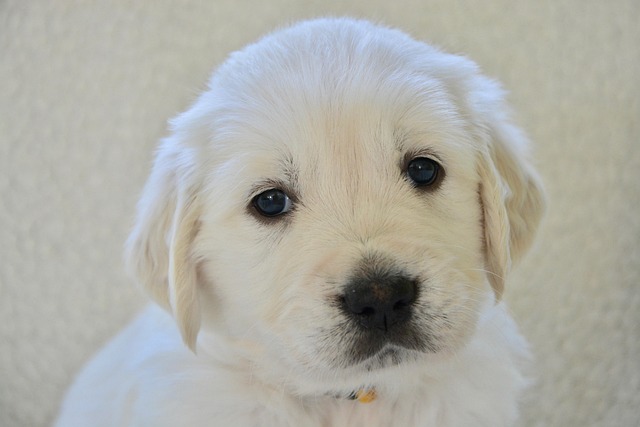
 Socialization is key from an early age. Exposing your Chihuahua to different people, sounds, and environments helps build confidence. Take them on short, stress-free walks around the neighborhood, introduce them to friendly neighbors, and let them experience the sights and smells of a local park. But always respect your dog's comfort level; pushing too hard can backfire.
Socialization is key from an early age. Exposing your Chihuahua to different people, sounds, and environments helps build confidence. Take them on short, stress-free walks around the neighborhood, introduce them to friendly neighbors, and let them experience the sights and smells of a local park. But always respect your dog's comfort level; pushing too hard can backfire.